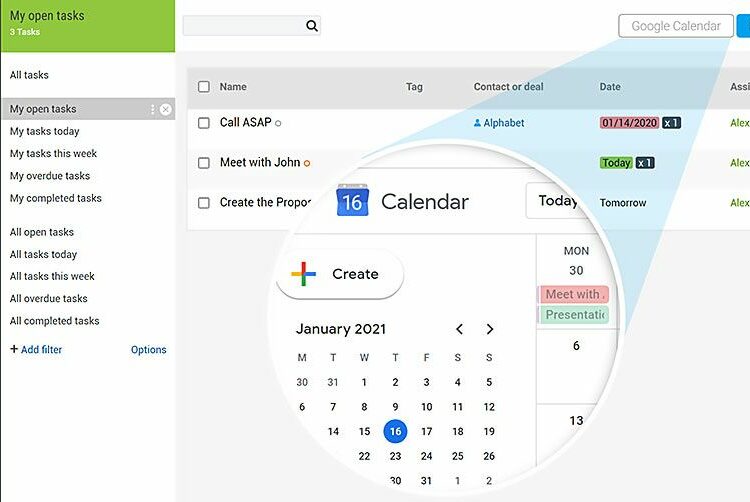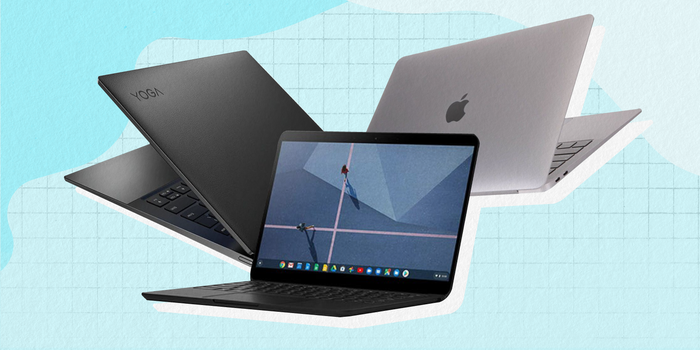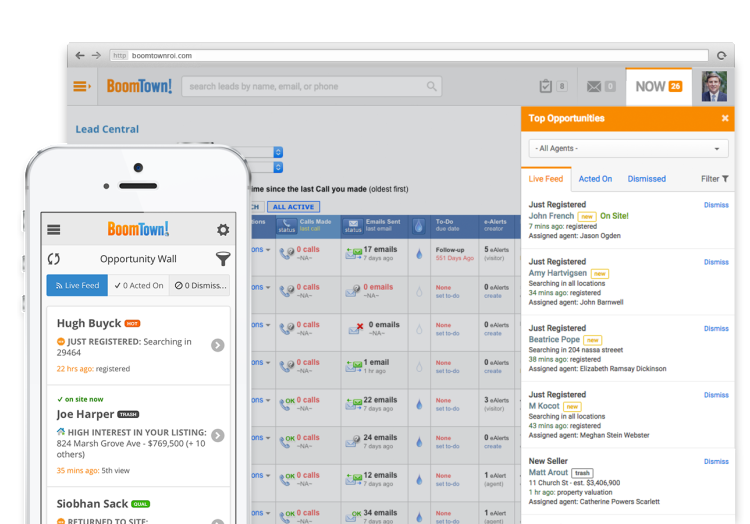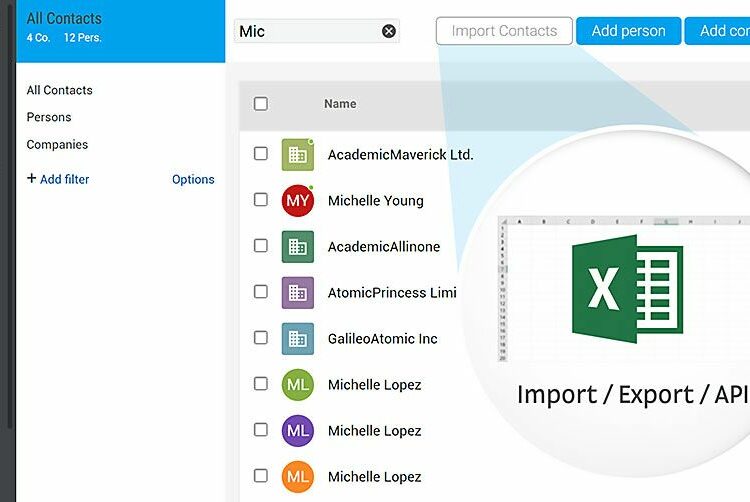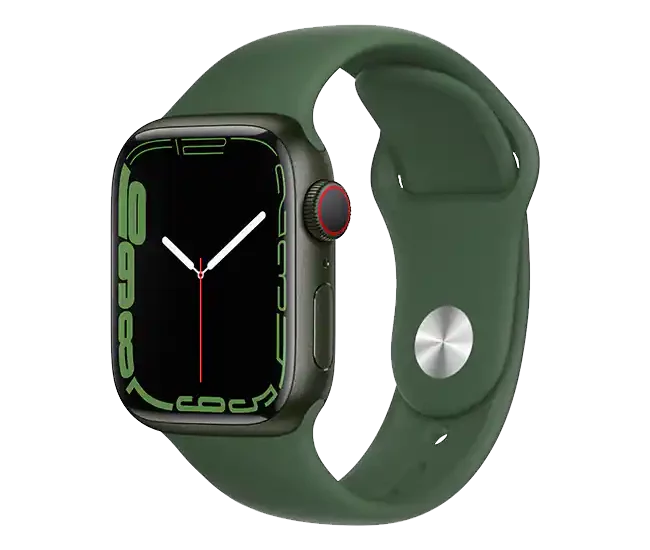In the competitive landscape of the hotel industry, understanding and anticipating guest needs is paramount. A well-implemented hotel CRM can capture vital information about guest preferences, enabling you to personalize their experiences, anticipate their needs, and deliver targeted promotions based on their history. This level of personalization significantly enhances the guest experience, fosters loyalty, and ultimately contributes to your hotel’s success.
Toc
A hotel CRM (Customer Relationship Management) system is a specialized software solution designed specifically for the hospitality sector. Unlike generic CRM systems, hotel CRMs offer functionalities tailored to the unique requirements of hotels, such as guest profile management, reservation handling, guest communication, and marketing automation. By centralizing guest data and streamlining various operational aspects, a hotel CRM empowers you to deliver exceptional guest experiences and drive business growth.
The benefits of using the best CRM software for hotels extend beyond simple guest tracking. By analyzing this comprehensive data, hotels can personalize marketing campaigns, anticipate guest needs, and cultivate lasting relationships. A hotel CRM can leverage guest preferences to automatically assign them their preferred room type, provide tailored recommendations for local restaurants and activities, and even send them personalized welcome messages upon arrival. This level of personalization can significantly enhance guest satisfaction and loyalty.
Key Features to Look for in a Hotel CRM
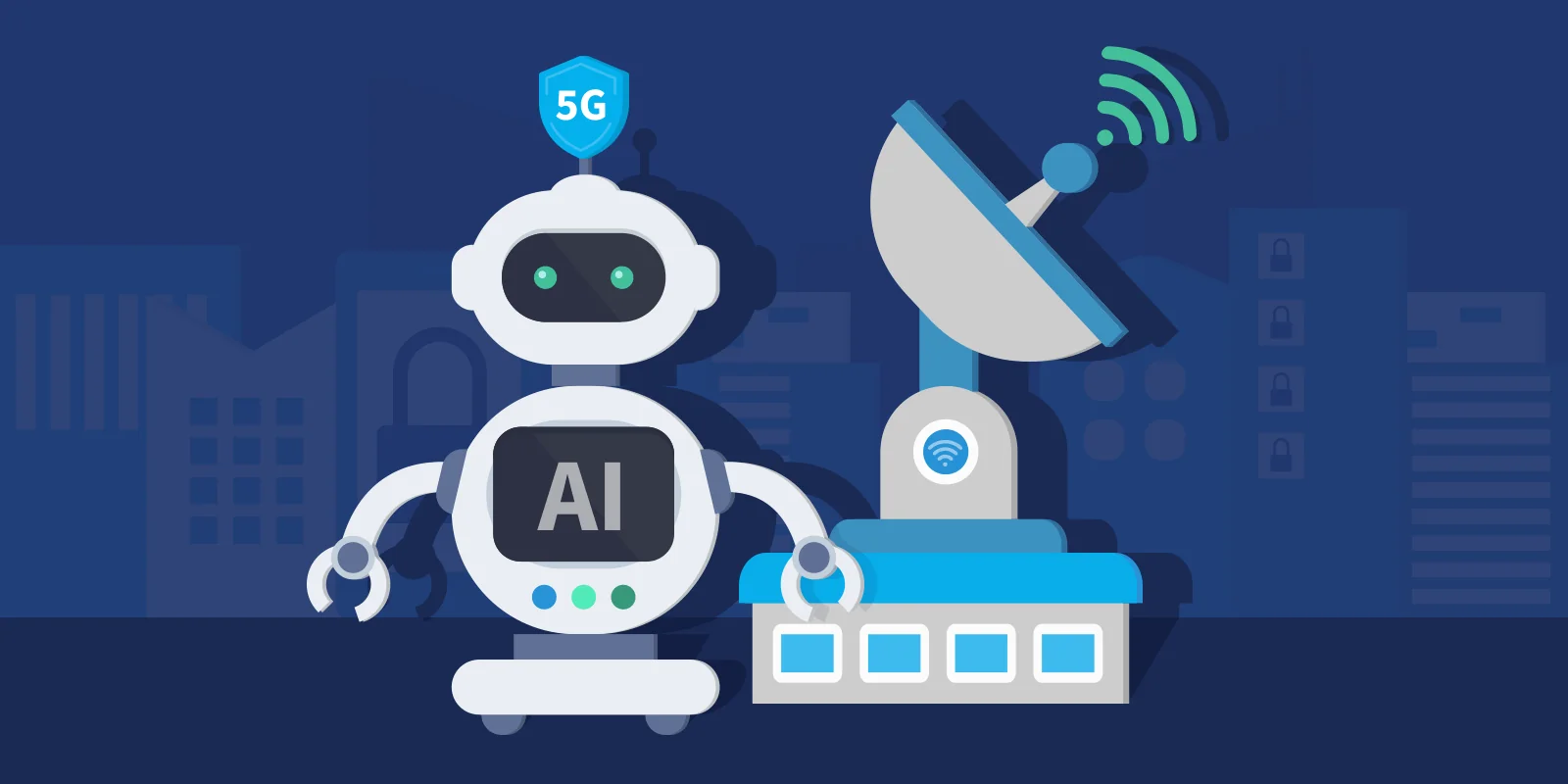
When searching for the best CRM software for hotels, it’s crucial to evaluate the following key features:
Guest Profile Management
An effective hotel CRM should enable the creation of detailed, unified guest profiles. These profiles must encompass various data points, including:
Contact information
Booking history
Preferences
Past interactions across multiple channels, such as the hotel website, front desk, and online travel agencies
Moreover, a hotel CRM can utilize this guest data to tailor the guest experience significantly.
Reservation Management
A comprehensive hotel CRM system should provide tools for managing reservations, room availability, and the check-in/check-out process. This functionality streamlines operations and ensures real-time data synchronization across all hotel systems.
Marketing Automation
Automating marketing efforts can lead to significant time savings and improved conversion rates. Look for a CRM that includes features like:
Targeted email campaigns
SMS messaging
Personalized offers and upsells based on guest behavior and preferences
AI-powered chatbots are becoming increasingly popular in hotel CRMs, allowing hotels to provide 24/7 guest support, answer common questions, and even offer personalized recommendations. This can free up staff time for more complex tasks and improve guest satisfaction.
Reporting and Analytics
Robust reporting and analytics capabilities are essential for making informed, data-driven decisions. The best CRM software for hotels should offer insightful reports on:
Guest satisfaction
Revenue metrics
Marketing performance
Key performance indicators (KPIs) that help identify areas for improvement
By analyzing data on booking patterns, guest demographics, and market trends, hotels can use a CRM to adjust pricing strategies, identify peak seasons, and optimize their revenue potential. This data-driven approach can help hotels maximize their profitability and stay ahead of the competition.
Top Hotel CRM Software Options
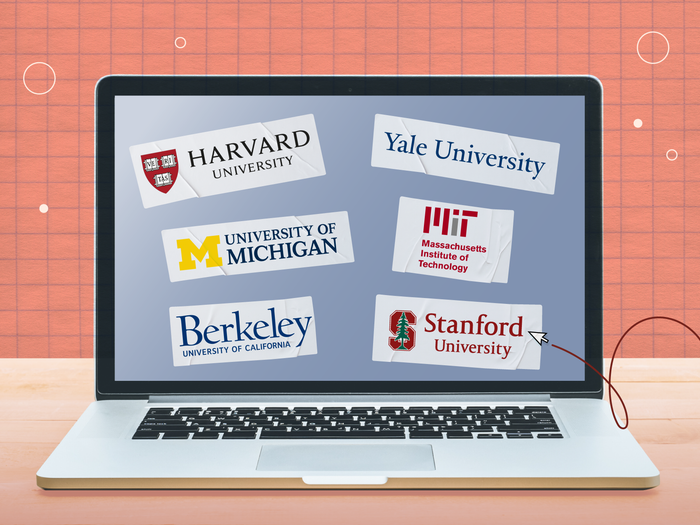
As you assess various hotel CRM solutions available in the market, consider the following top-performing options:
Revinate
Revinate stands out as a comprehensive CRM system that excels in reputation management. Its AI-powered chatbot, Ivy, can automatically respond to guest inquiries in over 20 languages, including English, Spanish, French, German, and Mandarin Chinese. This multilingual support is particularly valuable for hotels with an international guest base.
Pros:
Advanced reputation management features
AI-powered chatbot for efficient guest communication
Multilingual support for international guests
Cons:
Higher cost may be a barrier for smaller hotels
Occasional delays in feature updates
Sojern
Sojern is an AI-driven marketing and guest experience platform that helps hotels maximize ancillary revenue and optimize advertising investments. Its AI-Powered Audiences feature analyzes guest data to identify the most promising customer segments for targeted marketing.
1. https://chosloughi.org/mmoga-the-best-crm-for-financial-advisors-a-comprehensive-guide
2. https://chosloughi.org/mmoga-the-best-minors-for-computer-science-a-guide-for-prospective-students
3. https://chosloughi.org/mmoga-unlock-incredible-lenovo-laptop-deals-on-sale-for-back-to-school-season
4. https://chosloughi.org/mmoga-the-best-crm-app-for-small-businesses-in-2024-a-comprehensive-guide
Pros:
AI-driven guest segmentation for effective marketing
Automated upselling and cross-selling capabilities
24/7 AI-powered concierge service
Cons:
Limited customization options for email templates
User interface can be challenging for some users
Experience Hotel
Experience Hotel is tailored for hotel groups, offering a centralized view of customer information across multiple properties. Its personalized email campaigns and reputation management tools are designed to cultivate customer loyalty.
Pros:
Unified customer database ideal for hotel groups
Automated email campaigns based on guest segmentation
Effective reputation management capabilities
Cons:
Occasional issues with automated pre-stay messages
Limited integration options with other systems
Cendyn CRM
Cendyn CRM provides a suite of features focused on enhancing the guest experience and driving revenue growth. Notable features include a Guest Lifetime Value calculator and personalized itinerary-building tools.
Pros:
User-friendly email marketing design tools
Guest lifetime value calculator for better insights
Personalized itinerary-building capabilities for guests
Cons:
Longer support response times for larger projects
Reporting functionality can be complicated
Amadeus GMS
Amadeus Guest Management Solutions (GMS) is designed primarily for large hotel chains. It offers a rich library of customizable email templates and comprehensive reporting capabilities to manage guest communications and marketing efforts.
Pros:
Extensive library of customizable email templates
Comprehensive reporting and analytics features
Efficient customer support for users
Cons:
Reporting tools can be unintuitive
Limited editing capabilities for templates
Primarily designed for large hotel chains
Zoho CRM
Zoho CRM is a versatile solution suitable for hotels of all sizes. It includes features such as guest profile management, omnichannel customer engagement, and advanced AI tools like the Zia AI assistant to monitor lead activity and forecast sales.
Pros:
Highly customizable to meet specific hotel needs
Seamless integration with various third-party tools
1. https://chosloughi.org/mmoga-the-best-crm-for-financial-advisors-a-comprehensive-guide
3. https://chosloughi.org/mmoga-the-best-minors-for-computer-science-a-guide-for-prospective-students
4. https://chosloughi.org/mmoga-unlock-incredible-lenovo-laptop-deals-on-sale-for-back-to-school-season
5. https://chosloughi.org/mmoga-the-best-crm-app-for-small-businesses-in-2024-a-comprehensive-guide
Powerful AI-driven capabilities for efficiency
Cons:
Steep learning curve for new users
Complex pricing structure can be confusing
Salesforce
Salesforce is a robust CRM solution that caters to large hotel chains with extensive guest databases. Its customizable dashboards, advanced data analytics, and centralized data hub make it a strong choice for hotels seeking comprehensive automation tools.
Pros:
Offers personalized guest experiences
Advanced booking management system
Simplified contract management through integrations
Cons:
Higher costs may deter smaller hotel properties
Requires significant training and customization to utilize fully
Implementing a Hotel CRM

Implementing a hotel CRM system successfully involves several critical steps:
Data Migration
Transferring guest data from existing systems to the new CRM is a crucial first step in ensuring a smooth transition. This process involves carefully extracting, cleansing, and importing data to ensure its accuracy and integrity. A seamless data migration process is essential not only to avoid any loss of information but also to prevent operational disruption that could affect hotel services and guest satisfaction. It may involve mapping out data fields and ensuring that all relevant information, such as guest preferences and history, is accurately transferred to the new system.
Testing
Conducting thorough testing of the CRM system is vital to identify and address any bugs or glitches before full deployment. This extensive testing phase should include functional testing, performance testing, and user acceptance testing, allowing real users to interact with the system to ensure it meets operational needs. By identifying issues early, hotels can make necessary adjustments and improvements, which helps ensure a smooth transition and prevents operational disruptions that could compromise the guest experience.
Staff Training
Providing comprehensive training to hotel staff is essential for maximizing the effectiveness of the new CRM system. This training should cover not only the technical aspects of using the CRM but also best practices for leveraging its capabilities to enhance the guest experience significantly. By empowering staff with the knowledge and skills to navigate the new system efficiently, hotels can ensure that employees feel confident and capable in their roles, leading to improved service delivery and ultimately higher guest satisfaction. Engaging staff through hands-on workshops and ongoing support will also foster a culture of continuous improvement and adaptation to new technologies.
Tips for Success with a Hotel CRM
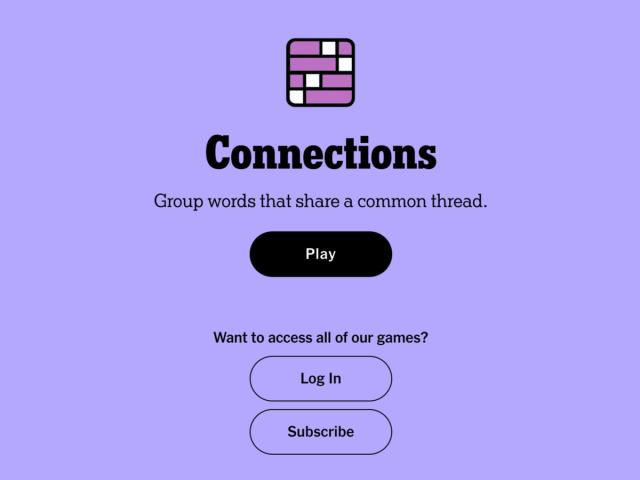
To maximize the benefits of your hotel CRM, consider the following strategies:
Define Your Goals
Clearly defining your goals is crucial for leveraging a hotel CRM system effectively. Start by identifying what specific outcomes you aim to achieve, such as increasing guest retention, boosting revenue through personalized marketing, or enhancing guest satisfaction scores. These objectives will guide your CRM strategy and help prioritize actions that align with your hotel’s overall mission. Establishing clear goals also facilitates performance tracking, allowing you to measure the success of your CRM implementation and make informed adjustments as needed. Moreover, these goals should be communicated across different departments to ensure a cohesive approach where every team member understands their role in achieving them, fostering collaboration and consistency throughout the hotel.
Customize Guest Communication
Personalizing communication ensures that guests feel valued and understood, creating a more memorable experience that can lead to increased loyalty. Use your CRM to segment your audience and tailor communications based on guest preferences, past behaviors, and demographic information. This customization can be applied to email campaigns, booking confirmations, and even in-room services, providing guests with relevant and engaging content. By continuously analyzing guest data and feedback, you can refine your communication strategies, making sure they remain timely and pertinent. Personalized communication not only enhances the guest experience but also increases the likelihood of repeat visits and recommendations.
Leverage Data for Insights
Utilizing the data collected through your hotel CRM can provide valuable insights that drive informed decision-making. Analyze guest data to uncover trends and preferences, such as popular amenities, booking patterns, or peak seasons, to optimize your service offerings and marketing strategies. These insights can help identify opportunities for upselling or cross-selling, tailor promotions to specific segments, and enhance your overall guest experience. Additionally, staying informed on emerging trends through data analysis allows hotels to remain competitive and adapt their services to changing guest expectations. By integrating these insights into your decision-making process, you can ensure that your hotel remains responsive to guest needs and continues to deliver exceptional service.
The Importance of Data Security
As hotels increasingly rely on CRM systems, data security becomes a critical concern. Protecting guest information is paramount, and hotels must implement robust security measures to safeguard sensitive data. Compliance with regulations such as the General Data Protection Regulation (GDPR) and the California Consumer Privacy Act (CCPA) is essential. Clearly communicating data collection and usage policies to guests will help build trust and ensure compliance.
Current Trends in Hotel CRM
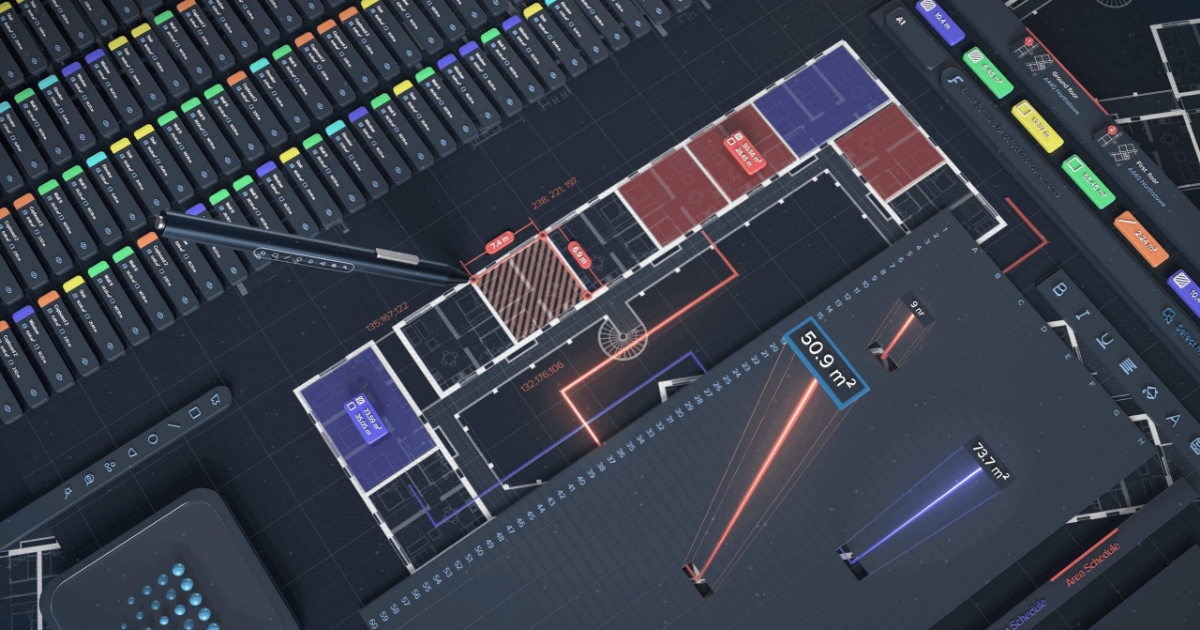
As technology advances and guest expectations evolve, hotels must keep up with trends in CRM to remain competitive. Some current trends include:
Integration with Hotel Property Management Systems (PMS)
Hotel CRMs are increasingly integrating with PMS systems to streamline operations and provide a unified view of guest data. This integration facilitates seamless data flow between reservation systems, guest profiles, and other hotel operations, significantly improving efficiency and accuracy across various departments. By consolidating information, hotel staff can quickly access critical data, leading to enhanced guest experiences and more effective decision-making. Such integration not only helps in managing bookings more efficiently but also allows hotels to analyze trends in guest behavior and preferences, ultimately driving more personalized services.
Mobile-First Experiences
Hotel CRMs are adapting to the rise of mobile technology by offering mobile-friendly interfaces and features. This shift recognizes that guests increasingly rely on their smartphones for travel-related tasks. With mobile-first designs, guests can easily manage their bookings, access information about hotel amenities, and communicate directly with hotel staff, all from the convenience of their devices. Furthermore, features such as mobile check-in/check-out, keyless entry, and instant messaging enhance the overall guest experience, making it more convenient and responsive. Embracing mobile technology not only meets guest expectations but also positions hotels to stay competitive in a rapidly evolving digital landscape.
Frequently Asked Questions
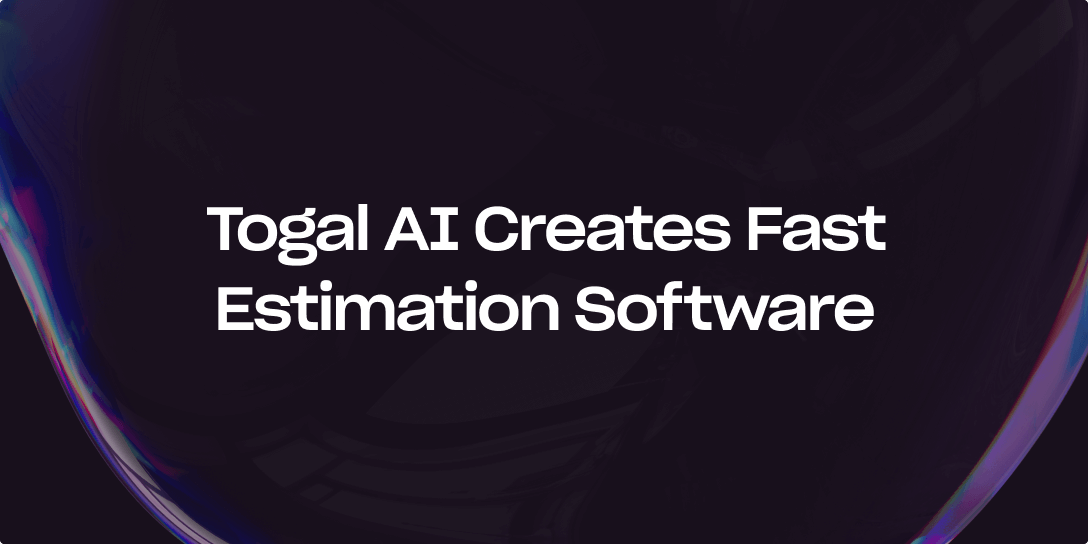
What are the benefits of using a hotel CRM system?
Using the best CRM software for hotels can lead to improved guest satisfaction, increased revenue, and streamlined operations. It enables personalized marketing, enhances guest experiences, and fosters loyalty.
How can I choose the right hotel CRM software for my business?
Consider factors such as hotel size, budget, and specific needs when selecting a CRM. Evaluate the features offered by each option to find the best fit for your establishment.
What are some tips for successfully implementing a hotel CRM?
Key tips include ensuring a smooth data migration process, conducting thorough testing, and providing comprehensive staff training to maximize the system’s effectiveness.
How can I maximize the benefits of my hotel CRM system?
To fully leverage your CRM, define clear goals, select the appropriate system, maintain data quality, and regularly monitor performance metrics to adapt your strategies accordingly.
Conclusion
In the highly competitive hotel industry, utilizing the best CRM software for hotels can be a game-changer. By centralizing guest data, automating marketing efforts, and providing actionable insights, a hotel CRM empowers you to deliver exceptional guest experiences, foster loyalty, and drive sustainable business growth. As you explore various CRM options, take the time to assess your hotel’s unique needs and identify the solution that best fits your goals and budget. With the right CRM in place, you can unlock the full potential of your hotel’s customer relationships and thrive in the ever-evolving hospitality landscape.
